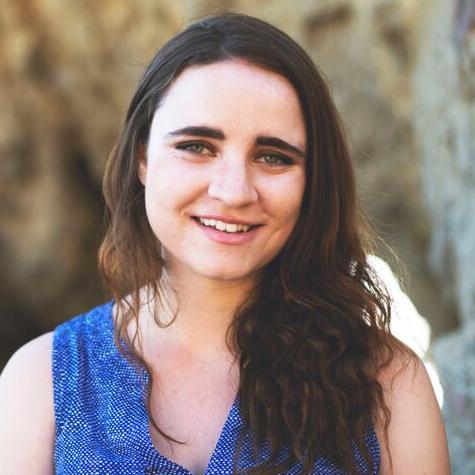At USC Annenberg, we don’t just cover the news, we make it. “Quoted: USC Annenberg in the News” gathers a selection of the week’s news stories featuring and written by Annenberg’s leaders, faculty, staff and others.
Obamacare Discussion on Valley Edition: One Year After The Rollout
Reporters Deborah Schoch and Emily Bazar, of USC Annenberg's CHCF Center for Health Reporting, spoke to NPR affiliate Valley Public Radio about the state of the Affordable Care Act ahead of its one year anniversary.
"In California, really the success of the first year has been the numbers," Bazar said. "Right now we have 11.3 Californians who are part of the Medi-Cal population, which is nearly one third of our population, and that's monumental."
Though Covered California has been beneficial for some residents, Schoch and Bazar said that its implementation hasn't been perfect.
"There's still problems, a lot of people are paying more under Covered California," Schoch said. "So it's a mixed bag."
Schoch and her colleagues at the CHCF also recently had their article, "Health Reform In California: A State Of Accelerating Change" published by Valley Public Radio and other news outlets around the state.
Sony's Hacked Emails Highlight Hollywood's Problems With Diversity
The Huffington Post cited a study conducted by Annenberg professor Stacy Smith and the Media, Diversity & Social Change Initiative Institute in discussing issues of race and diversity in Hollywood as posed by leaked Sony emails.
"The lack of diversity behind the camera is notable as we have again demonstrated an association between the presence of a Black director and the percentage of Black characters on screen," the survey determined. "While this relationship may be due to the nature of the content that Black directors are given or choose to helm, adding diversity in the director's chair may influence what we see on screen."
What's the value of a fake social media follower?
Marketplace spoke with Annenberg social media professor Karen North about the practice of companies creating or buying fake followers to increase their social media platforms.
"It’s always interesting to me when a company goes after the fraud, because at the beginning it’s the fraud that helped them," North said. "It’s like everybody is there, look at all the big numbers."
Music Hath Charms to Soothe the December Dilemma
“All holidays, in many ways, are cultural constructions,” professor Josh Kun told the Jewish Exponent.
The article focused on the new exhibition at the National Museum of American Jewish History, titled "'Twas the Night Before Chanukah," and the 2012 two-CD set that the exhibition is named after.
The exhibition’s goal is “to raise the big questions of Jewish American pop culture: questions of identity and of assimilation,” Kun said. “Chanukah grew in power alongside the dominance of Christmas.”
Survey shows Internet’s broadening political role
The Wall Street Journal reported on a survey released by the Annenberg's Center for the Digital Future Dec. 11.
The findings of the survey, which is conducted annually, show that 75 percent of Internet users over 16-years-old agree that the Internet plays an important role in the political process.
“We may be entering a realm where the Internet plays a larger role in political campaigns than television does,” said Center for the Digital Future Director Jeffrey Cole.
The survey also polled participants about other Internet usage habits and found that 41 percent believe that all or most of what they read online is reliable, while 56 percent were worried about companies checking what they do online.
Book review: ‘Charlie Chaplin: A Brief Life,’ by Peter Ackroyd
Professor Tim Page wrote a review for The Washington Post of the book "Charlie Chaplin: A Brief Life" by Peter Ackroyd.
The biography chronicles the life of the famed silent-film actor and director, who left London for Hollywood in the early twentieth century and soon after became a legend.
"Not surprisingly, some of the best passages are devoted to setting scenes," Page writes. "Ackroyd has always written lyrically about cities, and his evocation of south London, where Chaplin spent the first 20 years after his birth in 1889, is vivid history."
Media Effects of Violent Video Games
Research by professor Henry Jenkins was cited in a Gamasutra article on whether violent video games lead to violent behavior.
The website quoted a paper by Jenkins, published on PBS in 2004, in which the professor argues that "the research could simply show that aggressive people like aggressive entertainment."



